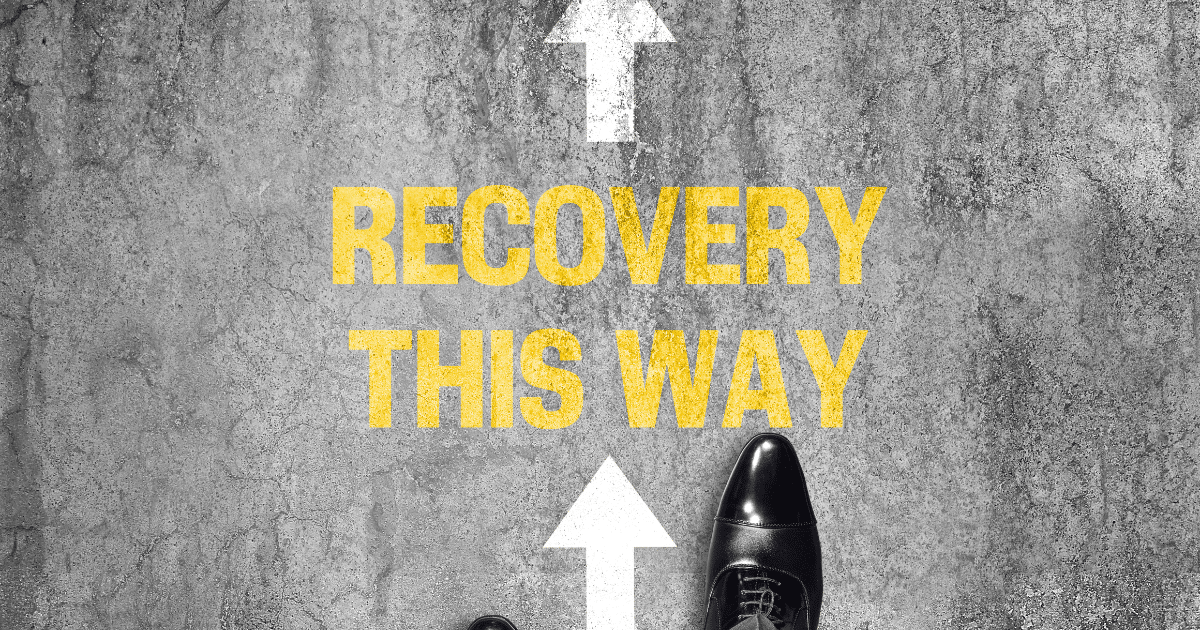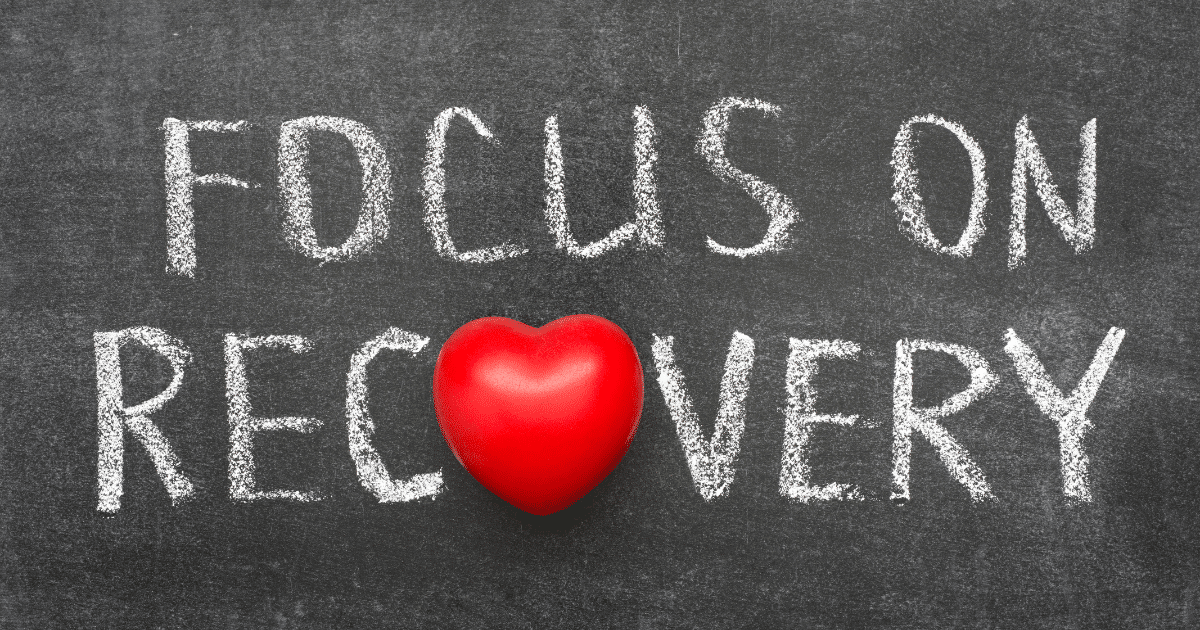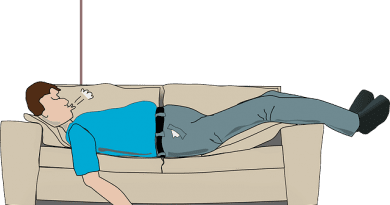Recovery is Vital to Success in Both Life and the Gym
It’s easy for some women to feel like they are playing a superhero in a movie – and if someone were sitting in front of a television watching, it would be one heck of a storyline. Now, if only they could figure out how to focus on their recovery so they aren’t compromising their health. Let’s go over recovery and then we will cue the scene…
Disclaimer: This article is for informational purposes only and is not meant to treat or diagnose any condition. It is recommended that you speak with your doctor before starting any exercise program, changing your daily nutrition, or adding any supplements to your regimen.
Table of contents
Is Rest and Recovery Something We Should Focus On?

Yes, rest and recovery are crucial aspects of overall health and well-being, especially for individuals who engage in physical activity or have demanding lifestyles. Here are some reasons why rest and recovery are important:
- Muscle Repair and Growth:
- During physical activity, especially strength training or intense workouts, muscles experience micro-tears.
- Rest allows the body to repair and rebuild these muscles, leading to growth and increased strength.
- Prevention of Overtraining:
- Continuous, intense exercise without adequate rest can lead to overtraining.
- Overtraining can result in fatigue, decreased performance, increased risk of injury, and various health issues.
- Injury Prevention:
- Adequate rest helps prevent injuries by allowing the body to recover and repair damaged tissues.
- Continuous stress on muscles and joints without proper recovery increases the risk of overuse injuries.
- Optimal Performance:
- Quality rest contributes to optimal physical and mental performance.
- Lack of sleep and recovery can lead to decreased cognitive function, impaired decision-making, and reduced physical abilities.
- Hormonal Balance:
- Adequate rest is essential for maintaining a balance in hormones, including those involved in muscle growth and stress response.
- Insufficient sleep can disrupt hormonal balance, potentially leading to negative impacts on health.
- Immune System Support:
- Rest is crucial for a robust immune system. Continuous physical stress without proper recovery can weaken the immune system, making individuals more susceptible to illness.
- Mental Well-being:
- Adequate rest is essential for mental well-being, helping to manage stress, anxiety, and mood.
- Lack of sleep can negatively impact mental health and contribute to issues like irritability, mood swings, and cognitive impairments.
- Improved Sleep Quality:
- Regular rest and recovery practices contribute to improved sleep quality.
- Quality sleep is vital for overall health, supporting various physiological processes, including memory consolidation and tissue repair.
- Long-term Health:
- Chronic lack of rest and recovery may contribute to long-term health issues, such as cardiovascular problems, metabolic imbalances, and mental health disorders.
It’s important to find a balance between physical activity and adequate rest. Incorporating rest days into your exercise routine, prioritizing sleep, and practicing stress management techniques can contribute to better overall health and performance. Each individual’s needs for rest and recovery may vary, so it’s essential to listen to your body and adjust your routine accordingly.
How Can You Properly Recover from Life and the Gym?

Proper recovery from both life’s daily stresses and intense gym workouts is essential for overall well-being and optimal performance. Here are some strategies to help you recover effectively:
Recovery from Gym Workouts:
- Rest Days:
- Schedule regular rest days to allow your body to recover from intense workouts.
- Rest days are crucial for muscle repair and growth.
- Hydration:
- Drink plenty of water to stay hydrated, supporting various physiological functions and aiding in recovery.
- Nutrition:
- Consume a well-balanced diet with an emphasis on protein, healthy fats, and carbohydrates.
- Protein is essential for muscle repair, while carbohydrates replenish glycogen stores.
- Sleep:
- Prioritize quality sleep, aiming for 7-9 hours per night.
- Sleep is vital for hormonal balance, muscle repair, and overall recovery.
- Active Recovery:
- Engage in low-intensity activities on rest days, such as walking, swimming, or yoga, to promote blood flow and reduce muscle stiffness.
- Stretching and Mobility Work:
- Incorporate stretching and mobility exercises to improve flexibility and reduce muscle tightness.
- Consider activities like yoga or foam rolling.
- Cold and Heat Therapy:
- Use ice packs or cold baths to reduce inflammation and soreness.
- Heat therapy, such as warm baths or heating pads, can help relax muscles.
- Massage or Foam Rolling:
- Regular massages or self-myofascial release using foam rollers can help release muscle tension and improve flexibility.
- Compression Wear:
- Consider using compression garments to enhance blood circulation and reduce muscle soreness.
Recovery from Life’s Stresses:
- Mindfulness and Relaxation Techniques:
- Practice mindfulness, meditation, or deep breathing to manage stress levels.
- Engage in activities that bring you joy and relaxation.
- Social Connections:
- Spend time with friends and family to foster social connections and emotional well-being.
- Share your thoughts and concerns with others.
- Time Management:
- Organize your schedule to ensure a balance between work, personal life, and relaxation.
- Prioritize tasks and set realistic goals.
- Hobbies and Recreation:
- Dedicate time to hobbies and activities you enjoy.
- Engaging in recreational activities can provide a mental break and boost your mood.
- Limit Caffeine and Stimulant Intake:
- Be mindful of your caffeine intake, especially in the afternoon and evening, to promote better sleep.
- Quality Sleep:
- Maintain a consistent sleep schedule and create a relaxing bedtime routine to improve sleep quality.
- Professional Support:
- Consider seeking professional support, such as counseling or therapy, to address and manage life’s challenges.
Remember, recovery is a holistic process that involves physical, mental, and emotional well-being. Listen to your body, be consistent with self-care practices, and make adjustments as needed to promote overall recovery from both the gym and life’s stresses.
A “Super-Mom” in Need of Proper Rest and Recovery

Your alarm clock goes off at 5am… You turn it off and feel how comfortable you are under the covers. For a split second, you think about falling back asleep until you remember nothing changes unless you do and the commitments you already have scheduled for the day. So, you hop out of bed and into your gym clothes to get in a quick workout (such as this home workout for busy moms) before anyone else even thinks about waking up in your house.
Related Article: Is BeautyWhey a Good Protein Supplement?
You finish your sweat-dripping workout and jump in the shower to freshen up, kickstart your recovery, and get yourself ready for… and there they come. Off to the races! The pitter patter of little feet running into your room to say “good morning, mommy” with excitement and smiles on their faces. You quickly hop out of the shower, get yourself ready, and then move onto getting your kids dressed, feeding them breakfast, and ready for school. They hop on the school bus for a day full of education and likewise, you jump in your car to head into work to meet your deadlines and complete the projects on your desk.
You button up loose ends at work, look at the clock and realize you need to head out to catch your kids getting off the school bus. It was a tough day at work and the stress levels almost got the best of you but you pushed through. You meet your kids at the bus stop, head home, and are able to get in some playtime with your kids before it’s time to make dinner for the family. On tonight’s menu is everyone’s favorite, chicken parmesan. You clean up the dishes and before you know it, bedtime is here and you give your kids a bath and get them ready for bed. You lay down next to them in their bed and read them each a bedtime story and get them all tucked in for a good night’s sleep.

Then, in what seems like a blink of an eye, it’s getting late and you decide to get yourself ready for bed so you can get some rest and recovery to do it all over again tomorrow. You go through your nightly ritual which includes washing your face, putting on your moisturizers, and any other face/body products you use religiously and slip into your pajamas and bed. Lights out and you close your eyes for some much-needed restful sleep.
Why the Story?
You’re probably wondering why I got all theatrical to start off this article. Honestly, it’s because I wanted you to think about your own life, your own routine, how much you accomplish each and every day, and then continue to do it, again and again, each day. How close was the story above to your own daily life? It might be fairly accurate to what you go through on a daily basis. You’re honestly a living and breathing super-mom – and I’m sure your family thinks the same. But are you focusing on your health? On your recovery — both physically and mentally?
Click here to continue reading…


*Disclosure: This article may contain affiliate links or ads, which means we earn a small commission at no extra cost to you if you make a purchase through these links. These commissions help support the operation and maintenance of our website, allowing us to continue producing free valuable content. Your support is genuinely appreciated, whether you choose to use our links or not. Thank you for being a part of our community and enjoying our content.
PLEASE CONSIDER SHARING THIS ON YOUR SOCIAL MEDIA TO HELP OTHERS LEARN MORE ABOUT THIS TOPIC.





